There was a dinner in Soho to celebrate the publication of John Humphrys’s book, A Day Like Today. John was asked by his publishers to select guests — an interesting mix from the left and right — and organise the seating, a small piece of administration that made him fretful and therefore resentful.
The room grew warm with conversation and affection, so John insisted on throwing open the windows to the cold and the boisterous sound of the street below. Then he interrupted the civil murmuring between the guests to go round the big table with a question: scale of one to ten, was Britain going to be better or worse in three years’ time? In other words, he got everybody started on Brexit.
It went downhill impressively. The editor of the Daily Mail, who had stepped in to restore order after Rod Liddle went hammer and tongs for Kenneth Clarke, texted me the following morning: ‘It was completely mad.’ So, John was happy. ‘I cannot deny that I enjoy arguing,’ he writes in his book.
I am drawn to John because he is intellectually unruly, rather in the manner of The Spectator. He reminds me of Frank Johnson, the late Spectator editor. Like Frank, he came from the proud working class to spend his career among the liberal elite. Frank used to say that his childhood gave him a huge advantage, because aspiration and generosity were working-class qualities. And John writes that he succeeded because of his poor background rather than despite it. His father, a French polisher, was almost blinded by measles but became a track runner. He refused to use the tradesman’s entrance when visiting big houses to restore furniture. His mother only once bought something on credit: a set of the Encyclopedia Britannica.
According to John, his father had a balanced view of politics: he hated capitalism, in particular inherited wealth. And he hated socialism. Frank Johnson was also satirical about the rich, but believed socialism was a greater evil than capitalism for the proud working class.
What John identified is that those without power are at the mercy of authority. In a painful, Dickensian anecdote he describes returning home, aged six, carrying a family treat of fish and chips. There was something wrong. The doctor was visiting, his parents were trembling. John’s sister had died. His parents were not allowed to see her in hospital and believed that she never had the treatment she needed. But who would listen to them? I guess John’s crusade against indifferent or incompetent authority began there.
I have not discussed with him Jacob Rees-Mogg’s comment that he would have ignored the advice of the fire brigade at Grenfell. But I am pretty sure he would have filed it as evidence of an authoritarian class failure to understand what it is like to be the little guy. I miss him most for these kinds of conversations.
If John is famous for his interviews, I reckon that his greatest journalism remains his reporting of the Aberfan disaster in 1966, when a primary school in South Wales was submerged by a spoil tip:
The moment the terrible news reached them, hundreds of miners had abandoned the coalface at the colliery which had created that monstrous tip and raced to the surface. And there they were when I arrived, their faces still black — save for the streaks of white from the sweat and the tears as they dug and prayed and wept. Most of them were digging for their own children.
After I finished John’s book I texted to say that I found the childhood section and Aberfan so vivid and moving I wished it had been the whole book. He came back to say that everyone had childhoods but not everyone went on to work for the Today programme. He is surely right commercially.
There was, of course, a long career before Today, covering several arcs of history. His BBC career saw him reporting on the Pakistan conflict in 1971, the coup in Chile in 1973, the United States during Watergate and South Africa through the late apartheid years and the liberation of Nelson Mandela:
The first rays of sunlight were breaking through the smoke haze of 100,000 coal fires rising into the cloudless sky above the biggest black township on the African continent. This was Soweto on a chilly April dawn in 1994. The following morning 20 million black South Africans would be free to vote in democratic elections for the first time in their lives.
He describes his work without falling into that trap of solipsism that is set for so many broadcasters. The story is what happened, not him. There is little self-examination and almost nothing about his personal life. And yet he is capable of great feeling. Elgar’s ‘Cello Concerto’ breaks him every time.
John’s 30-year mission to interrogate power on the Today programme was founded in his reporting. He was not a zealous scalp-hunter and was always rather tender about the director general George Entwistle, whose nascent reign he cut short with a devastatingly direct interview.
In the last year John became the story. News was not just war and elections, it was also about the culture of institutions. His large salary became an issue. His critics found his language insufficiently championing of social change. And in the new landscape of social media, hostile — generally inaccurate — assumptions were made about him. His non-judgmental curiosity, his devil’s advocate interviewing technique and his suspicion of conventional opinion counted against him. Now and then he made mistakes. Was his question to Johanna Konta, the Australian who has become British, existentialist or parochial: ‘What are you?’ She is a tennis player, John.
There was also his ascetic discipline. He was hard on himself — and even harder on other people. A former Today programme producer remembers asking to use the lavatory at John’s London home before setting off with him to his place in Wales. ‘Absolutely not. Absolutely not. You need to learn bladder discipline.’ It takes about six hours to get to his Welsh farmhouse.
If I picture John, he is wandering out of the studio and rifling through the discarded books on desks and in bins. He picks them up because he hates waste, because one of those books could be a remaindered copy of a rival’s autobiography and because he is an autodidact.
He retains a profound curiosity and wish to learn. He is restless and driven. Unsurprisingly, retirement has turned out to be a career move. Weeks after leaving Today he turned up as host on the early morning show on Classic FM. I like to think of those critics who claimed to have deserted the alpha interrogative style of the Today programme for soothing classical music waking to find the fox in the hen house.
He’s also had a call from an agent offering to represent him — an entirely new idea to him. The aggressive demands by the agents of BBC presenters, revealed in the latest pay tribunals, were mysterious to him. When his salary became an issue at the Today programme, our exchange was pretty simple. He asked if it was bad, I said yes it was. He could not be on the side of the little guy when his pay was so grotesquely out of proportion. John immediately gave up a great chunk of it. The pay of Today programme presenters came into line; all was harmonious. The producers continue on a tiny fraction of this sum for far longer hours, but for some reason this has never been an issue at the BBC.
Members of the BBC high command felt a little unhappy when they woke the day after giving him a five-star send-off to find him attacking the corporation for liberal bias across the front page of the Daily Mail. Newspapers that buy the serial rights to books naturally want a news story. John is actually devoted to the spirit of the BBC. If they have a programme idea, they can always call his agent…
Got something to add? Join the discussion and comment below.
Get 10 issues for just $10
Subscribe to The Spectator Australia today for the next 10 magazine issues, plus full online access, for just $10.
You might disagree with half of it, but you’ll enjoy reading all of it. Try your first month for free, then just $2 a week for the remainder of your first year.

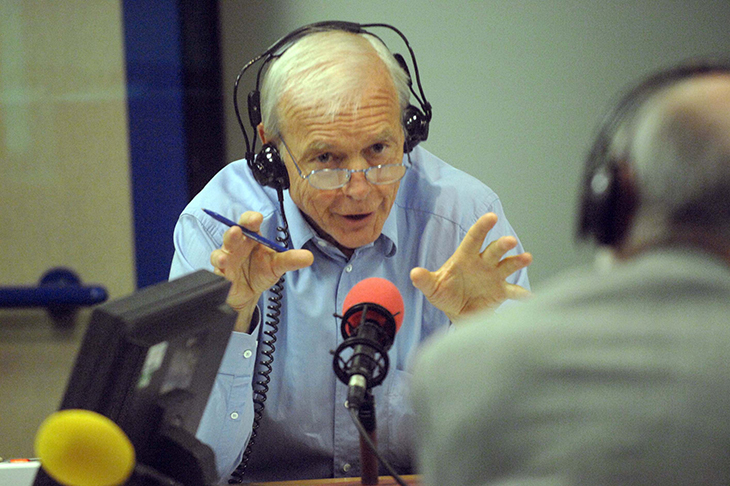
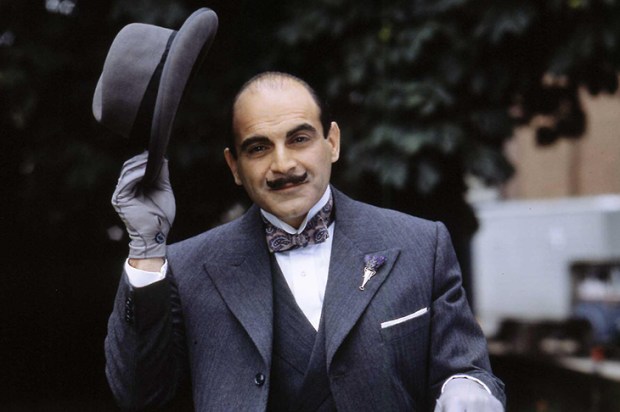
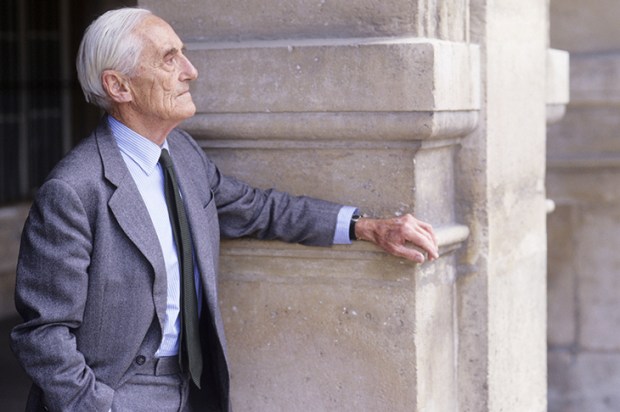
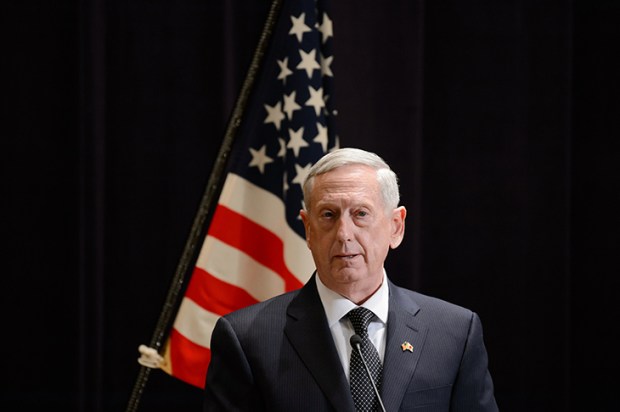
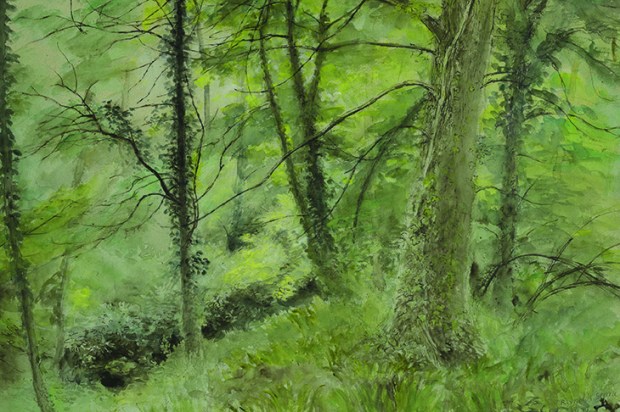
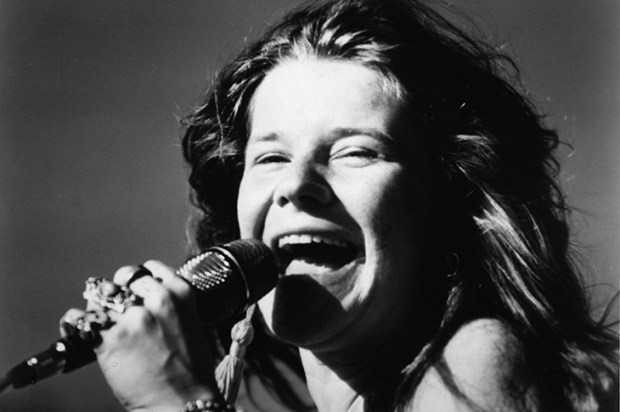
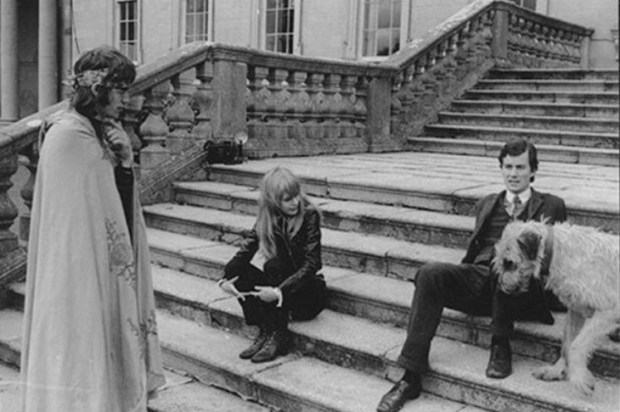






Comments
Don't miss out
Join the conversation with other Spectator Australia readers. Subscribe to leave a comment.
SUBSCRIBEAlready a subscriber? Log in